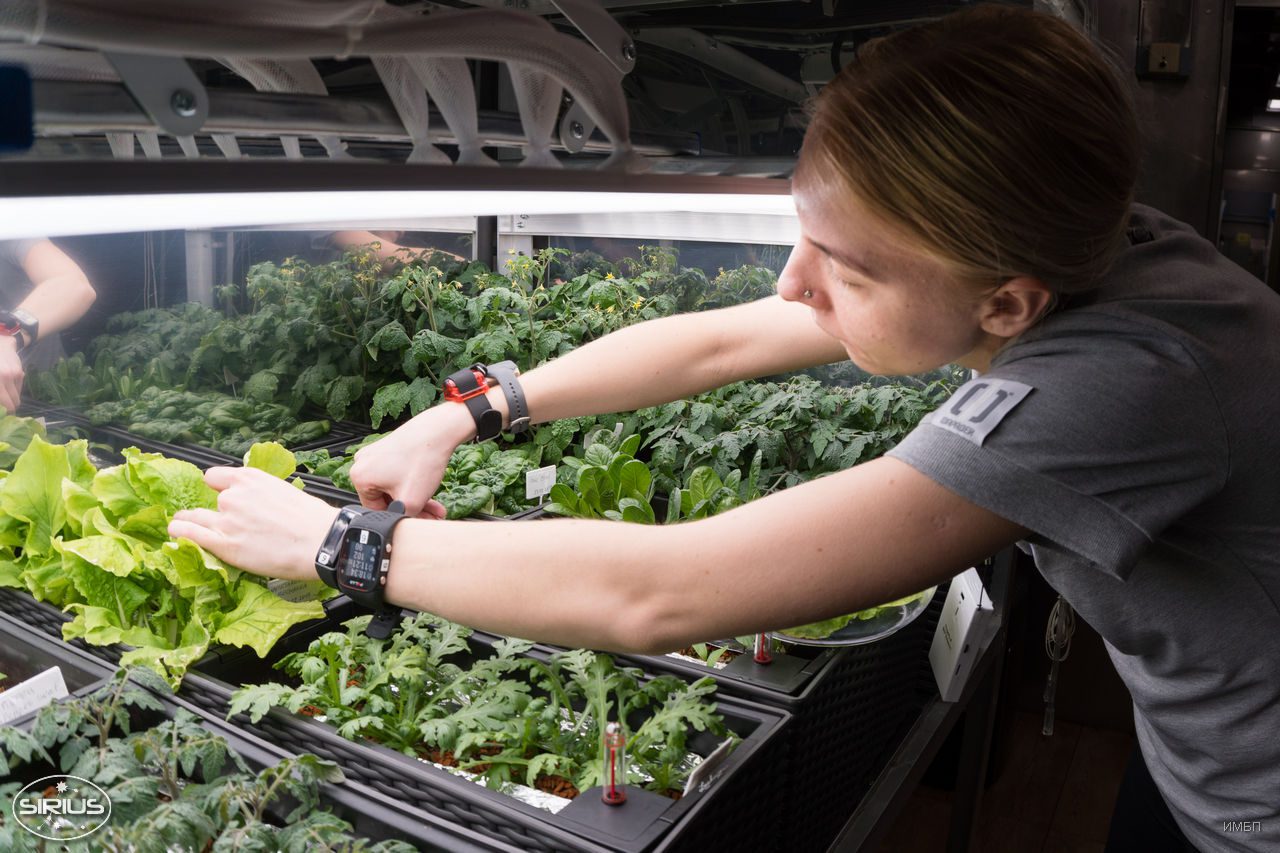In our lifetimes, it is almost certain we will see humans set foot on Mars. If the modern-day space race between private companies and nations continues, it is not out of the question that we will see a long-term human presence on either the Moon or Mars in that time frame too, an incredible yet insane concept.
But – and it is a big but – researchers simply have no idea how a team of astronauts isolated almost 380 million kilometers (236 million miles) from home would fare in such a scenario. Would they maintain constant communication with Earth and work perfectly as a team? Or would they descend into anarchy, even cutting communication with their superiors and forming an autonomous colony? Russian researchers are aiming to figure that out before they spend billions on the real deal, by placing a group of individuals in a Mars colonization simulation.
Project SIRIUS (Scientific International Research In Unique terrestrial Station – yes, they reached a bit to make the acronym cool) is an effort to understand the psychology of astronauts during long space flights. The results have been published in Frontiers in Physiology. Seventeen and 120-day isolation experiments in 2017 and 2019, respectively, were designed to simulate a team isolated in an extraterrestrial environment.
The results confirmed their worries – the delay in communication due to the distance, coupled with the extended period away from Mother Earth, resulted in the astronauts becoming detached from mission control and becoming almost autonomous.

Previous simulations suggested that once the astronauts left on their voyage, there was a strong chance that they would begin to disconnect from mission control, reducing the number of situations they would report on. To confirm the results of previous simulations, namely the Mars-500 missions, the researchers carried out the two isolations using a mixed-gender, international crew. The missions were testing how participants communicated with mission control and how well they worked together to form a successful colony.
They began with a take-off procedure, before landing on the inhospitable environment of a specialized area within the training facility. The crew were then locked away in pods together, given minimal rations and supplies, and subjected to the full isolation of the real deal.
Analysis of the experiments suggested a number of conclusions, some positive, while others were more problematic. The crew actually increased their communication with the mission control center (MCC) at the halfway stage of the simulation, which involved the Mars landing, but then subsequently became detached, reducing the volume of communication with MCC. They relied less on the recommendations of MCC, becoming more autonomous as they adapted to their mission.
While it is positive the crew were able to take matters into their own hands and live autonomously, a disconnect from MCC is a worrying phenomenon.
“The negative side is that the mission control loses the possibility to understand the needs and problems of the crew, which consequently hinders mission control’s ability to provide support,” said co-author Dmitry Shved of the Russian Academy of Sciences and the Moscow Aviation Institute, in a statement to CNET.
There was also an interesting correlation between the male and female crew members. Similar to previous experiments, the women reported on problems to the MCC more often, and expressed their support, while their communication styles were more emotional. The men, however, were less likely to report to MCC. Interestingly, by the end of the simulation, both the men and women had adapted to each other’s communication styles, forming a similar level of emotion and regularity of communication.
Of course, due to only 12 people taking part in the simulations, it is also possible that deviances between groups and individuals are purely down to individual differences, so generalizations cannot be made before more research is conducted.
In the meantime, another Project SIRIUS experiment is now underway, involving an 8-month isolation that began on November 4th, 2021.
This article was originally published in November 2021.
Source Link: Scientists Are Testing Astronauts In Long Mars Simulations, And The Results Are Worrying